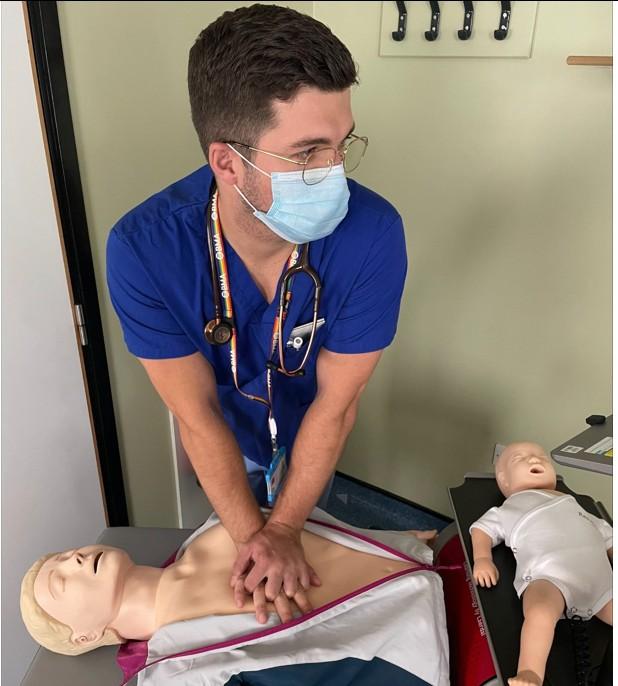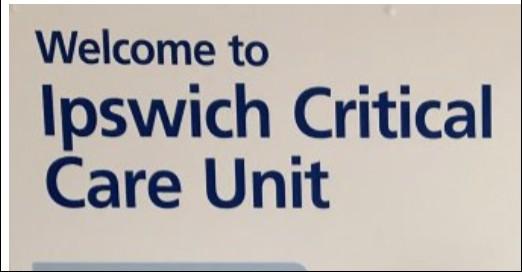
1 minute read
ACUTE CARE COMMON STEM (ACCS)
Acute Care Common Stem (ACCS) is a three-year programme which covers the acute specialties of anaesthesia, acute medicine, emergency medicine and intensive care medicine. The ACCS programme is an alternative route into anaesthetia instead of core anaesthetic training, and an alternative route into acute medicine instead of internal medical training. It is the only route to enter training in emergency medicine. The purpose of the ACCS curriculum is to equip trainees with the skills and competencies required to recognize and undertake initial management of the acutely unwell patient.
The first two years of training are part of the ACCS generic curriculum. Trainees rotate around 4 x 6-month placements in anesthesia, emergency medicine, internal medicine and intensive care medicine. The anaesthesia training in ACCS is identical to the first six months of core anaesthesia training. In the final year of ACCS, trainees work in their chosen specialty to meet the entry requirements detailed for higher specialty training.
There is weekly teaching for ACCS trainees which complements learning in a clinical environment. Teaching is also provided in a number of different ways including simulation, virtual reality and labbased clinical skills. The simulation center runs several ultrasound skills courses including FAST scanner, Chest drain insertion, TruPICC and Central line insertion. There is also weekly simulation teaching run in the emergency department in the resuscitation room.
Progression through the ACCS curriculum is determined by the ARCP process. The successful completion of ACCS will be dependent on achieving the expected level in all learning outcomes. These include staying up to date with work-based assessments and keeping an eportfolio.










